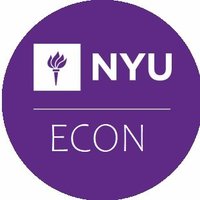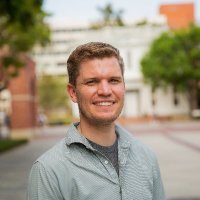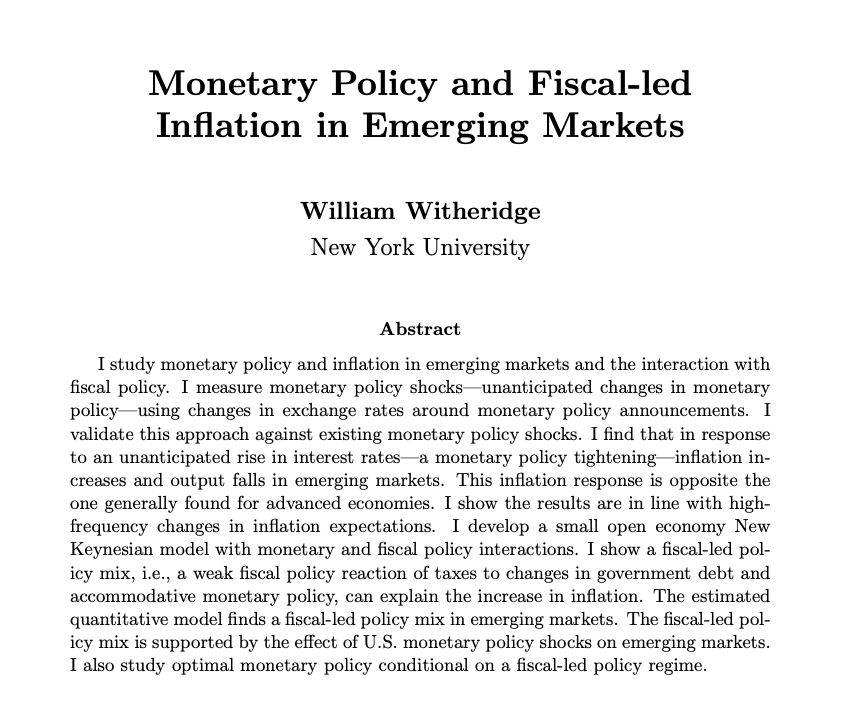
David Cesarini
@daddaces
Professor of Economics, New York University.
ID: 1674944503491227648
https://sites.google.com/a/nyu.edu/dac12/ 01-07-2023 00:54:35
61 Tweet
142 Followers
121 Following



Today's two featured job market candidates are Kenji Wada and William Witheridge (William Witheridge).

William Witheridge (William Witheridge) is a macroeconomist in international finance and monetary economics, who studies monetary policy and inflation in emerging-market economies. Learn more at willwitheridge.com






Today's two featured job market candidates are Xiaoye Liao (Xiaoye Liao) and Wonseok Yoo (Wonseok Yoo).



Using data on Swedish lottery players to estimate the effect of wealth on players' own crime and the delinquency risk of their children, from David Cesarini, Erik Lindqvist, Robert Östling, and Christofer Schroeder nber.org/papers/w31962


Inventive, important, elegant new NBER paper by David Cesarini Eric Lindqvist Robert Östling & Christofer Schroeder indicates that poverty per se may not be a fundamental cause of crime. It’s well known that poor people commit more crimes. But why? One set of theories relates



Wealth shocks from lotteries reduce support for wealth, real-estate, and inheritance taxes but have no discernible effects on overall ideology or political participation, from Brännlund, David Cesarini, Lindgren, Erik Lindqvist, Oskarsson, and Robert Östling nber.org/papers/w32777











